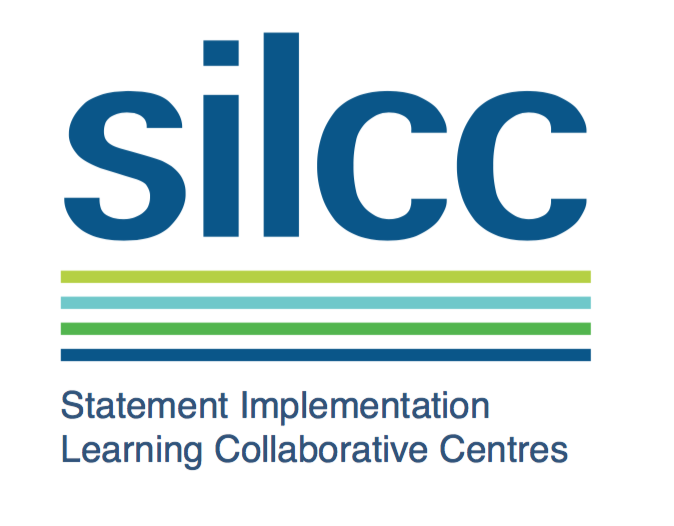“Undergraduate pharmacy curricula should include an introduction to hospital pharmacy practice. The role of hospital pharmacists should be promoted in the curricula of other health professionals.”
What does it mean for patients? Only well trained pharmacists can provide the best service for patients, thus the need for hospital pharmacy practical training during undergraduate studies. Patients can expect qualified well trained professionals in hospital pharmacy, so that all hospital pharmacy services are safe and of a high quality. Other healthcare professionals should be aware of the high level of education of hospital pharmacists in order to promote collaborative care, which could be achieved through multidisciplinary education.
What does it mean for healthcare professionals? Doctors should expect in the clinical team a well-educated pharmacist in hospital pharmacy, who can convey the highest level of professionalism and support for prescribing.Nurses can expect colleagues in the healthcare team that are highly educated in the medication management, so that they can rely on their recommendations. To promote collaborative care it is necessary to inform other health professionals to become more aware of the competencies achieved by pharmacist’s education. Multidisciplinary education is one way to achieve this.
What does it mean for Hospital Pharmacists? Hospital pharmacists should collaborate with the academic staff of the clinical team in order to advise them on pharmacy and prescribing courses. Competency is essential and enables the collaboration with other health professionals. Collaborative care can be only realized if other health professionals are aware of the competencies achieved by pharmacist’s education.
 The Hospital Universitario Clinico San Carlos is SILCC Host providing training on this Statement. Please learn more about the SILCC programme here.
The Hospital Universitario Clinico San Carlos is SILCC Host providing training on this Statement. Please learn more about the SILCC programme here.







